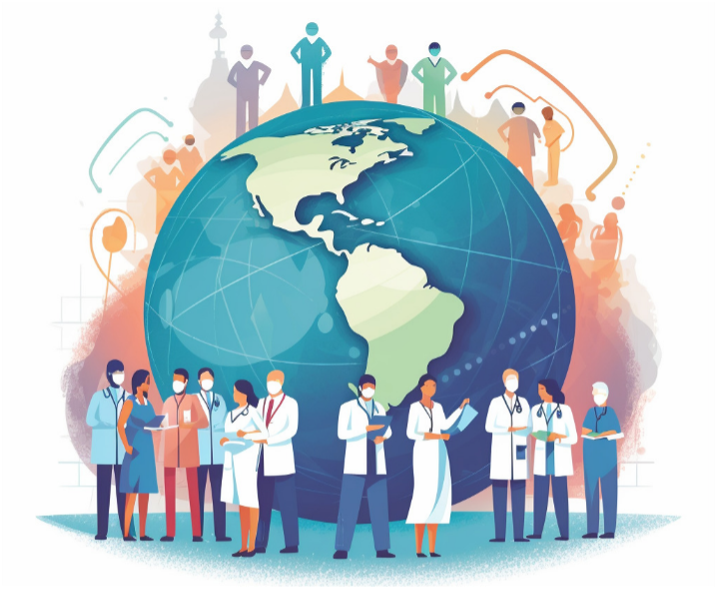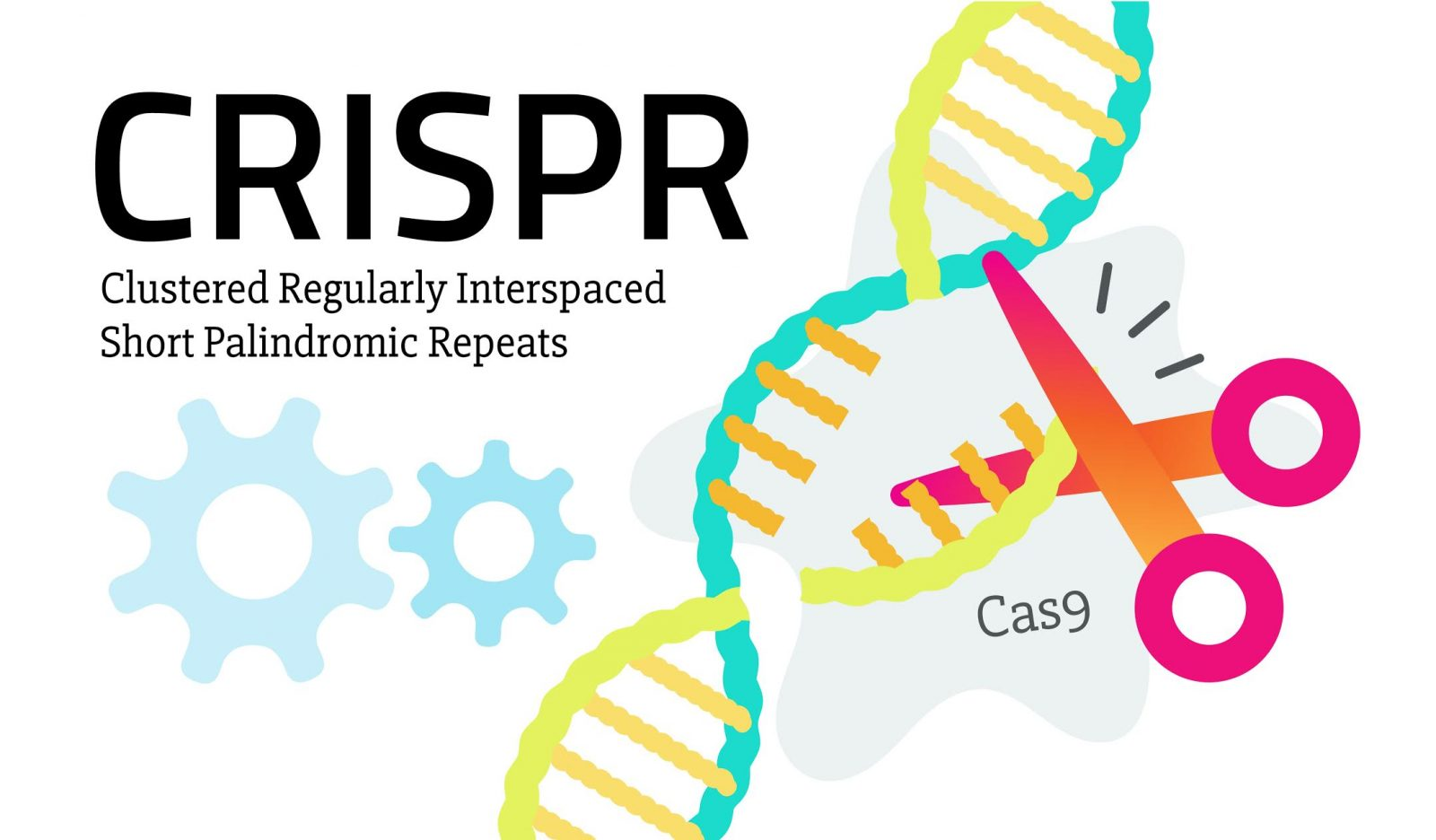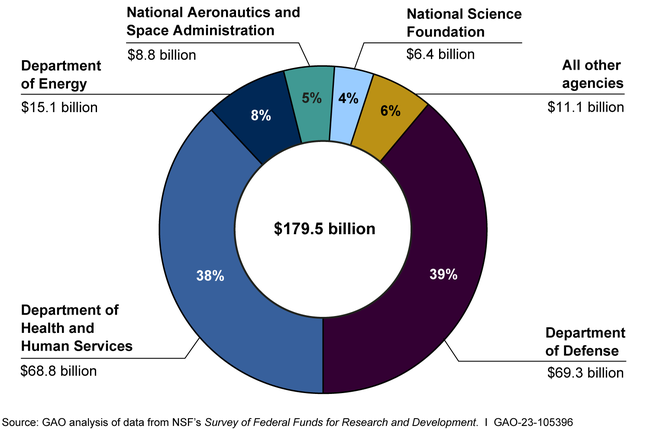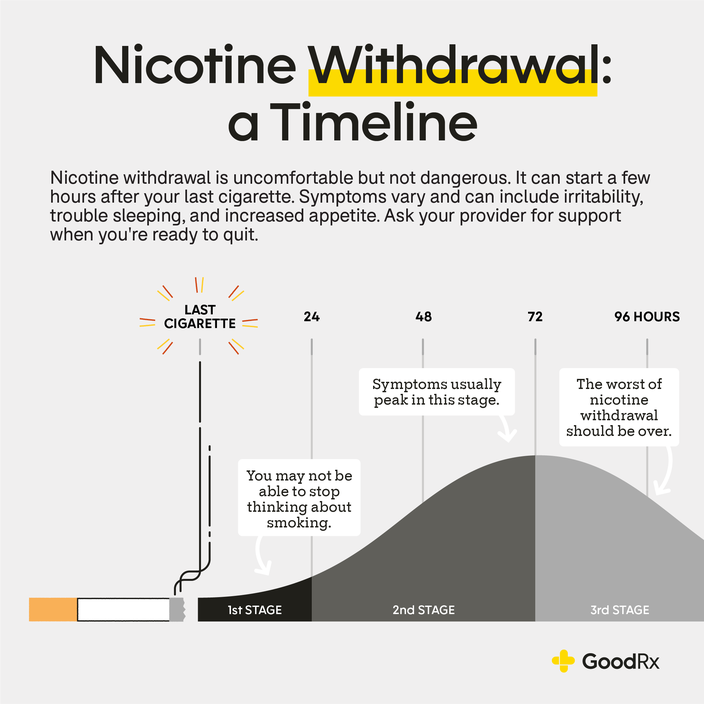Global health plays a pivotal role in shaping the well-being of populations across the world, especially in times of crisis. Recent discussions by leaders like Atul Gawande, who served at USAID, highlight the vulnerabilities and challenges faced by health systems globally. The dismantling of health infrastructure and significant reductions in health funding have raised alarms about the future of public health and emergency responses. Gawande emphasizes the need for strong global health leadership to restore damage caused by policy changes that have far-reaching effects on vulnerable communities. As we navigate these complexities, it is crucial to advocate for enhanced health initiatives that prioritize equity and sustainability globally.
The concept of international health, often used interchangeably with global health, encompasses the strategies and efforts aimed at improving health outcomes worldwide. With influential figures like Atul Gawande highlighting the impacts of diminished support from organizations such as USAID, it becomes clear that safeguarding health systems is essential for progress. In the face of deteriorating health funding and infrastructure, the ongoing commitment to innovative health solutions remains vital for enhancing public wellness. As the landscape of global healthcare evolves, strong leadership and community engagement will be pivotal in ensuring that lessons learned from historical challenges are applied to future health initiatives. Ultimately, fostering collaboration between nations will help bridge gaps and promote a healthier world for all.
The Impact of USAID’s Dismantling on Global Health
The dismantling of the U.S. Agency for International Development (USAID) has created a significant void in global health leadership, as highlighted by Atul Gawande. With nearly all staff laid off and an overwhelming 85 percent of its programs terminated, the repercussions extend far beyond the agency itself. Millions across the globe have faced detrimental effects on their health outcomes due to the abrupt cessation of essential services that USAID provided, including disease tracking and maternal health initiatives. As Gawande noted, the loss of such a key player in global health funding translates into an increased vulnerability to outbreaks of diseases that, with the right support, can be contained swiftly.
Furthermore, Gawande’s remarks shed light on how the systematic dismantling of health infrastructure has eroded the framework necessary for effective public health responses. The establishment of a 50-country network enabling responsive action to health crises is now at risk, leading to a potential resurgence of preventable diseases. The urgency for restoring USAID’s funding and capacity is stronger than ever if we wish to preserve the advancements made in global health over the past decades.
Frequently Asked Questions
What are the current challenges facing global health funding initiatives?
Global health funding initiatives are currently facing significant challenges, particularly due to cuts in programs like those at USAID. With over 85% of its programs eliminated, funding for crucial health infrastructure aimed at preventing diseases and improving health outcomes has been severely diminished. This has critical implications for global health operations, especially in low-income countries that rely heavily on U.S. support for healthcare initiatives. The reduction in funding hampers efforts to tackle major health issues, including maternal and child mortality, and infectious diseases such as HIV and tuberculosis.
How does USAID contribute to global health leadership?
USAID plays a pivotal role in global health leadership by coordinating international health programs and providing vital funding for health initiatives worldwide. Historically, USAID established networks across multiple countries to respond to global health crises, significantly improving response times and health outcomes. Their past efforts helped reduce the emergency response time for outbreaks from over two weeks to less than 48 hours. By investing in health infrastructure and technical support, USAID enhances the ability of countries to manage and improve their health systems.
What role does Atul Gawande see for the USA in global health?
Atul Gawande views the USA’s role in global health as crucial, but he expresses uncertainty about whether the U.S. will continue to lead in this domain. During his time at USAID, Gawande highlighted the importance of U.S. engagement in global health initiatives, stressing that the dismantling of key programs severely impacts health outcomes worldwide. He urges continued commitment to global health leadership and emphasizes the need for a robust health infrastructure if the U.S. is to maintain its influence and support on the global stage.
What impact does health infrastructure have on global health outcomes?
Health infrastructure significantly impacts global health outcomes by providing necessary resources, trained personnel, and systems essential for effective healthcare delivery. Adequate infrastructure leads to improved access to care, better disease prevention, and timely response to health emergencies. For example, USAID’s past programs have demonstrated that strong health infrastructure can reduce maternal and child mortality rates and improve vaccination coverage, which are crucial for advancing public health in low-income countries.
How can universities contribute to global health initiatives?
Universities play a vital role in global health initiatives by conducting research, providing education, and fostering partnerships that advance health knowledge and practices. They contribute to capacity building in health infrastructures and often collaborate with organizations like USAID or WHO to design and implement health programs. Furthermore, academic institutions are essential in generating evidence-based solutions to pressing health challenges and equipping students with the necessary skills to contribute to global health efforts.
| Key Points | Details |
|---|---|
| Atul Gawande’s Perspective on USAID | Gawande discussed the significant damage caused by the Trump administration’s budget cuts to USAID, affecting its health programs worldwide. |
| Impact on Global Health | Gawande highlighted that the dismantling of USAID led to a loss of crucial health services, endangering millions and undermining U.S. leadership in global health. |
| Funding Freeze Effects | Research funding cuts have severely impacted health initiatives, including those for maternal and child health and diseases like HIV and tuberculosis. |
| Hope for the Future | Despite challenges, Gawande remains hopeful about the future of global health, emphasizing the necessity for expertise in the face of impending changes. |
Summary
Global health is a critical area that depends heavily on strong international partnerships and a commitment to science and medicine. Atul Gawande’s insights into the ramifications of recent administrative changes at USAID underscore the fragility of global health infrastructure. While the landscape is concerning, the potential to rebuild and innovate remains a point of optimism, and it is vital for current and future leaders to advocate for sustainable health solutions worldwide.




